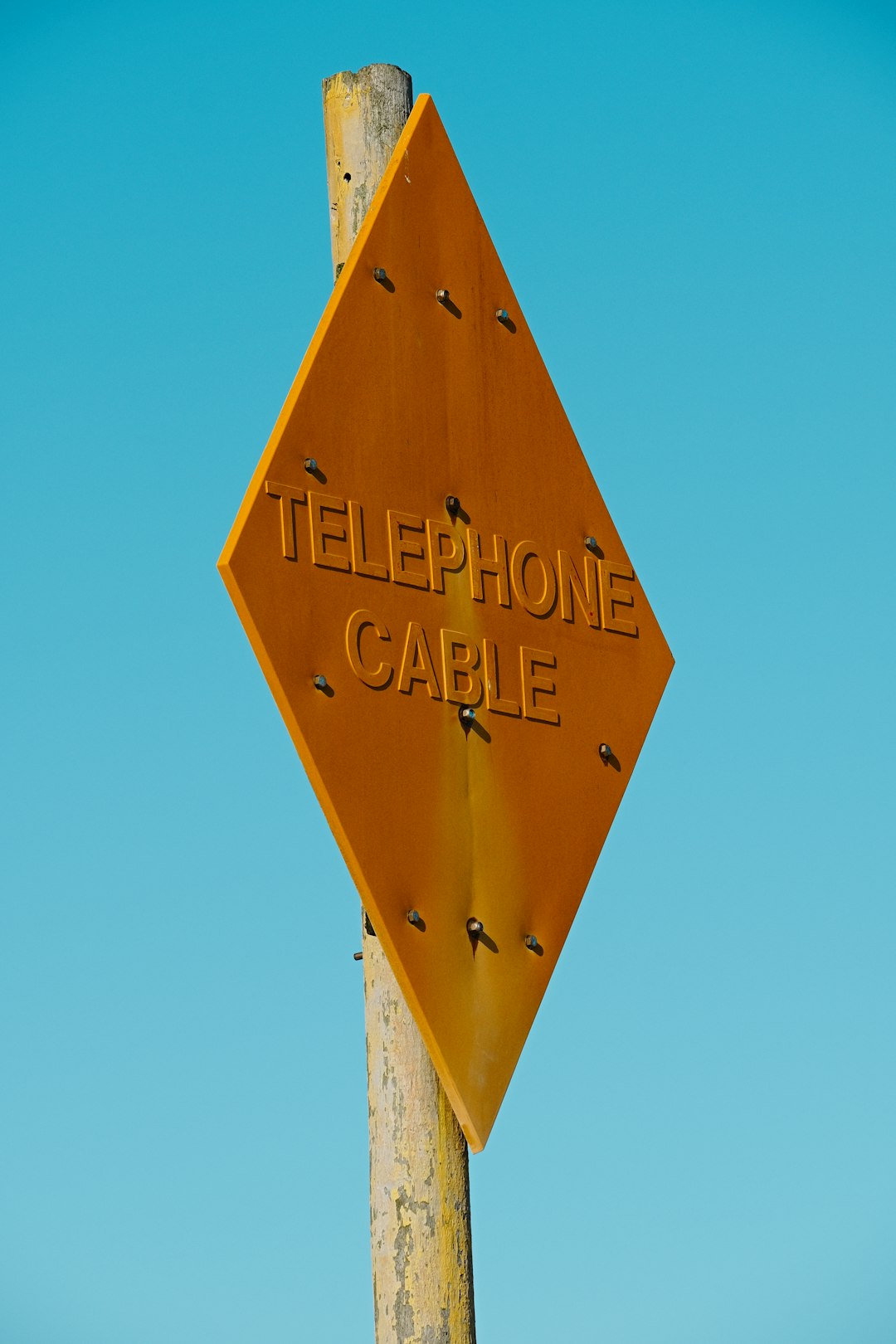Colorado's Do Not Call List protects residents from unwanted telemarketing. Businesses must comply with both state laws and federal regulations, requiring legal guidance from a lawyer for Do Not Call Laws in Colorado. The National Do Not Call Registry offers nationwide protection while Colorado's list provides localized control, but with differing scopes and access. Consulting a lawyer ensures compliance, prevents fines, and maintains customer trust.
In Colorado, consumers have rights under both the national Do Not Call Registry and state-specific No Call Lists. Understanding these regulations is crucial, especially for businesses looking to avoid legal pitfalls. This article breaks down the key differences between the National Registry and Colorado’s list, explores their benefits and limitations, and provides insights for businesses navigating Do Not Call Laws in Colorado, guiding them with expert advice from a lawyer specialized in this field.
Understanding Do Not Call Laws in Colorado

In Colorado, do-not-call laws are designed to protect residents from unwanted telemarketing calls and sales pitches. The state’s No Call List is a powerful tool that allows individuals to opt-out of receiving marketing calls, ensuring their privacy and peace of mind. Understanding these laws is essential for both consumers and businesses operating in the state. A lawyer specializing in Do Not Call Laws Colorado can provide valuable insights into navigating this regulatory environment.
Residents can enroll in the No Call List by registering their phone number with the Colorado Public Utility Commission. Once registered, telemarketers and sales calls are prohibited from contacting the individual or entity unless they have given explicit consent. This law is enforced to prevent harassment and give citizens control over their communication preferences. Businesses that fail to comply may face penalties, making it crucial for companies operating in Colorado to be aware of these regulations when conducting telemarketing activities.
National Registry vs Local List: Key Differences

When it comes to protecting residents from unwanted phone calls, there are two primary options: the National Do Not Call Registry and local lists like Colorado’s No Call List. While both share a similar goal, they operate differently and have distinct implications for businesses and individuals alike. The National Registry is a federal database that prohibits telemarketers from calling numbers listed on it, offering nationwide coverage. However, its effectiveness can be limited by the fact that it doesn’t account for local preferences or specific state regulations.
In contrast, Colorado’s No Call List is tailored to the state’s residents, ensuring that telemarketing calls are restricted based on individual choices. A lawyer specializing in Do Not Call Laws Colorado can help businesses understand and navigate these differences, ensuring they comply with local and federal regulations. This local approach allows for more precise control over unwanted calls, catering to Colorado’s unique needs and preferences.
Benefits and Limitations of Each Registry

The National Do Not Call Registry (NDNC) and the Colorado No Call List (CNCL) both serve as tools to protect residents from unwanted telemarketing calls, but each has its unique advantages and drawbacks. For instance, while the NDNC is a national database, covering all 50 states, it may not be as effective for local protection, especially with some restrictions on its enforcement power. On the other hand, the CNCL offers more localized benefits, tailored to Colorado residents’ needs, ensuring they have greater control over their privacy. This list allows individuals to opt-out of specific types of calls, providing a more nuanced approach to managing telemarketing.
However, there are limitations to both systems. The NDNC, despite its national reach, can still leave gaps in protection, especially from local or international callers who might bypass the registry. Meanwhile, while the CNCL offers robust local control, it may not be as easily accessible or comprehensive for those seeking broader protections beyond Colorado’s borders. For residents considering a lawyer for Do Not Call Laws in Colorado, understanding these nuances is crucial to making informed decisions regarding their privacy rights and the most effective strategies for managing unwanted calls.
Navigating Legal Obligations for Businesses

Businesses operating in Colorado must navigate complex legal obligations regarding telemarketing and consumer privacy, especially when it comes to the state’s No Call List and federal Do Not Call Registry. For companies looking to ensure compliance with Do Not Call Laws in Colorado, consulting a lawyer specializing in these regulations is crucial. Legal experts can help businesses understand and implement policies that respect consumer rights, thereby avoiding potential fines and damage to their reputation.
A lawyer for Do Not Call Laws in Colorado can guide firms through the intricacies of state-specific rules, ensuring they accurately identify and verify consumers’ opt-out requests. This includes staying up-to-date with changes in legislation and providing training to staff involved in telemarketing activities. By adhering to these legal obligations, businesses can foster trust with their customers and maintain a positive image in the market.






